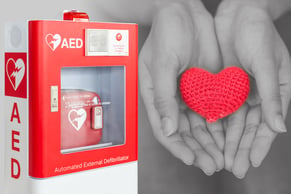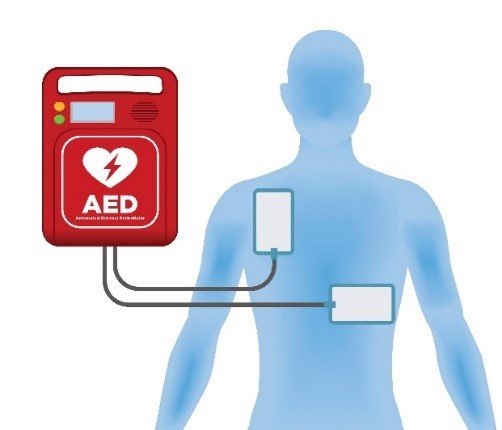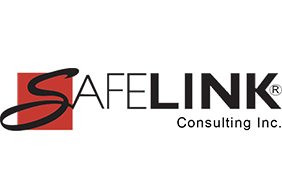AEDs can be highly effective in saving the lives of people suffering cardiac arrest when used in the first few minutes following collapse from cardiac arrest. Read on to learn more about what to do if your AED is not FDA-approved and get some recommendations for the monthly inspection of your AED.

To ensure the availability of life-saving treatment with the AEDs in your facilities, we encourage AED users to check the list of FDA-approved AEDs on the Automated External Defibrillators (AEDs) webpage on FDA.gov to see if your AED is FDA-approved. If your AED is not listed, you should plan to transition to an FDA-approved AED system. Contact the manufacturer of your current AED to discuss your transition plans. Ensure that you have compatible AED accessories to meet your needs until you transition to an FDA-approved AED. This is particularly important because AED accessories may require frequent replacement.
Some states require an AED in certain types of businesses. Check with your state regulatory agency to find out if an AED is required in your facility. If your business is a dental practice, then check with your state board of dentistry to find out if an AED is required in your business. It’s fairly common for a state board of dentistry to require availability of an AED when sedation is a part of patient treatment.
Florida AED Laws + Statutes state that AEDs are required in dental offices. It defines an AED as commercially distributed in accordance with the Federal F, D & C Act, which states that acceptable AEDs must have an approved premarket approval application (PMA). The enforcement of this policy went into effect on February 2nd of this year.
View list of the 53 AEDs that are currently approved by the FDA. View a list of AEDs that are no longer approved by the FDA as of February 2nd, 2022. We are not affiliated with this company, and you should be able to find similar products at other retailers.
Since an AED is not used often, it may become stored out of sight and could result in a delay in locating it when needed. Consider placing it in a rack that is mounted on the wall where other emergency medical equipment is located. Other equipment can include emergency oxygen and the First Aid kit where emergency medications are located. All of these items should be inspected frequently to ensure that they are in working order. Assign responsibility for inspection of all emergency equipment.
Here are some recommendations for the monthly inspection for an AED:
º AED is stored for quick and easy retrieval.
º Make a visual check of the device to check for any obvious damage or missing parts.
º Check AED manufacturer’s operating instructions to determine how to check batteries. Different models have different methods of warning about low battery so follow the manufacturer’s instructions.
º Check defibrillator pads that they are sealed and in-date.
º Check spare defibrillator pads that they are sealed and in-date.
º Check integrity and security of defibrillator cabinet.
Use of an AED may be rare, however, take proactive steps to ensure that it is always in operating order.
Learn more about OSHA First Aid Requirements
Need a Health and Safety Manual for your business? Contact us for customized programs.
Learn more about what SafeLink Consulting can do to help your business with compliance services, including safety compliance, to meet OSHA training requirements and quality system consulting to meet FDA compliance. SafeLink Consulting assists businesses with workplace safety training, infection control training, HIPAA training online, quality systems, assessments, audits, due diligence, and more.
Industries include:
Dentistry compliance - assisting the dental practice with meeting requirements for OSHA, HIPAA, EPA, and CDC guidelines, patient safety and employee health & safety
Dental Laboratory compliance - assisting the dental lab with meeting requirements for OSHA, FDA, and CDC guidelines, employee health & safety, plus FDA requirements for lab manufacturing custom implant abutment /gmp for medical device manufacturers
Medical Device Manufacturers compliance - assisting with meeting OSHA compliance & FDA requirements, GMP - good manufacturing practices
General Industry compliance - assisting with OSHA compliance and FDA compliance as it pertains to the specific business
Beverage Industry compliance - assisting beverage businesses such as the craft brewery, winery, cidery, distillery, vintner with meeting OSHA compliance, health & safety, FDA requirements / GMP - Good Manufacturing Practices.
Get notification when new regulatory compliance training courses are added plus upcoming events by subscribing to our email news.








Leave Comment